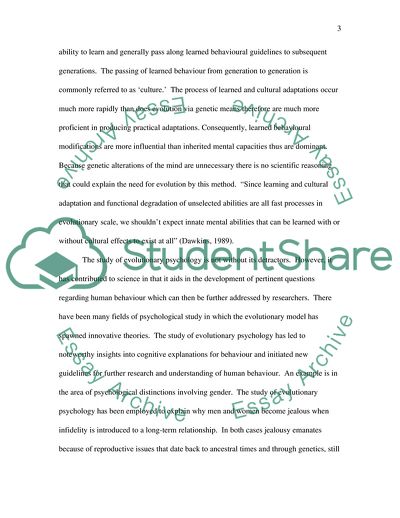Cite this document
(Advantages and Disadvantages of Psychological Theories Coursework, n.d.)
Advantages and Disadvantages of Psychological Theories Coursework. https://studentshare.org/psychology/1708379-compare-the-advantages-and-disadvantages-of-two-of-the-psychological-theories
Advantages and Disadvantages of Psychological Theories Coursework. https://studentshare.org/psychology/1708379-compare-the-advantages-and-disadvantages-of-two-of-the-psychological-theories
(Advantages and Disadvantages of Psychological Theories Coursework)
Advantages and Disadvantages of Psychological Theories Coursework. https://studentshare.org/psychology/1708379-compare-the-advantages-and-disadvantages-of-two-of-the-psychological-theories.
Advantages and Disadvantages of Psychological Theories Coursework. https://studentshare.org/psychology/1708379-compare-the-advantages-and-disadvantages-of-two-of-the-psychological-theories.
“Advantages and Disadvantages of Psychological Theories Coursework”. https://studentshare.org/psychology/1708379-compare-the-advantages-and-disadvantages-of-two-of-the-psychological-theories.


